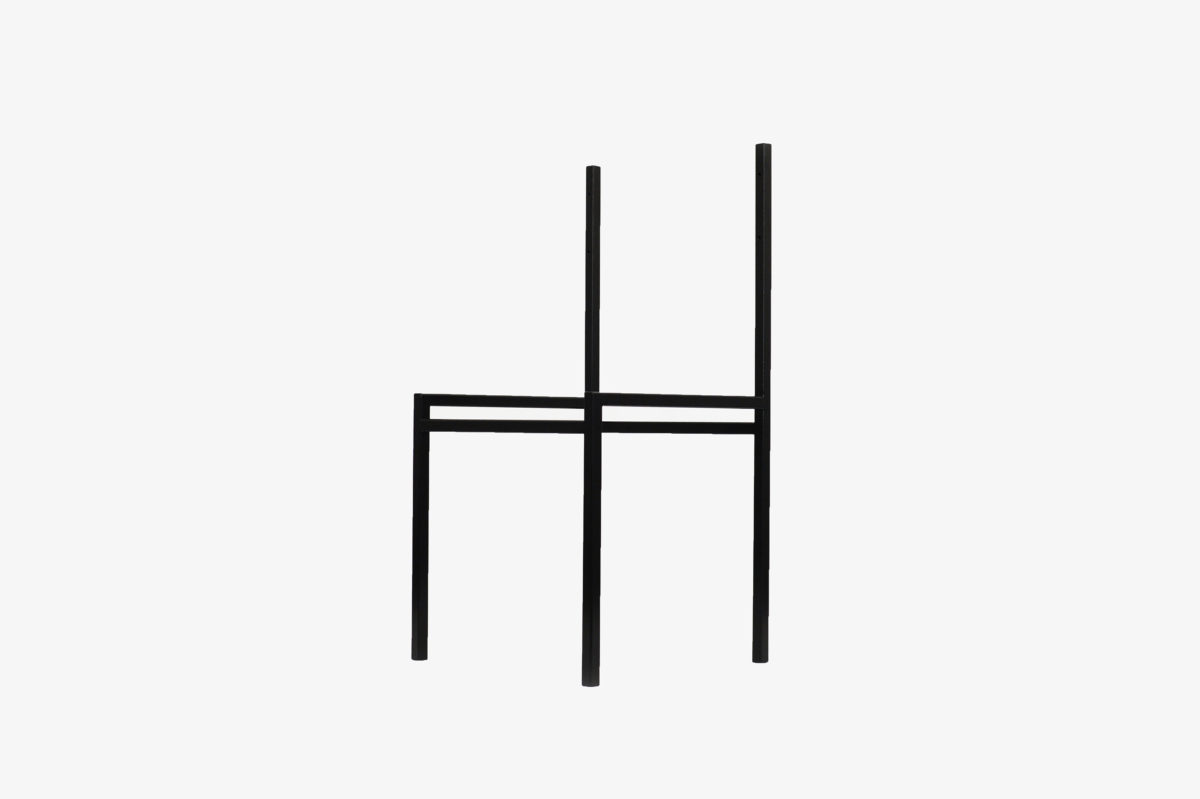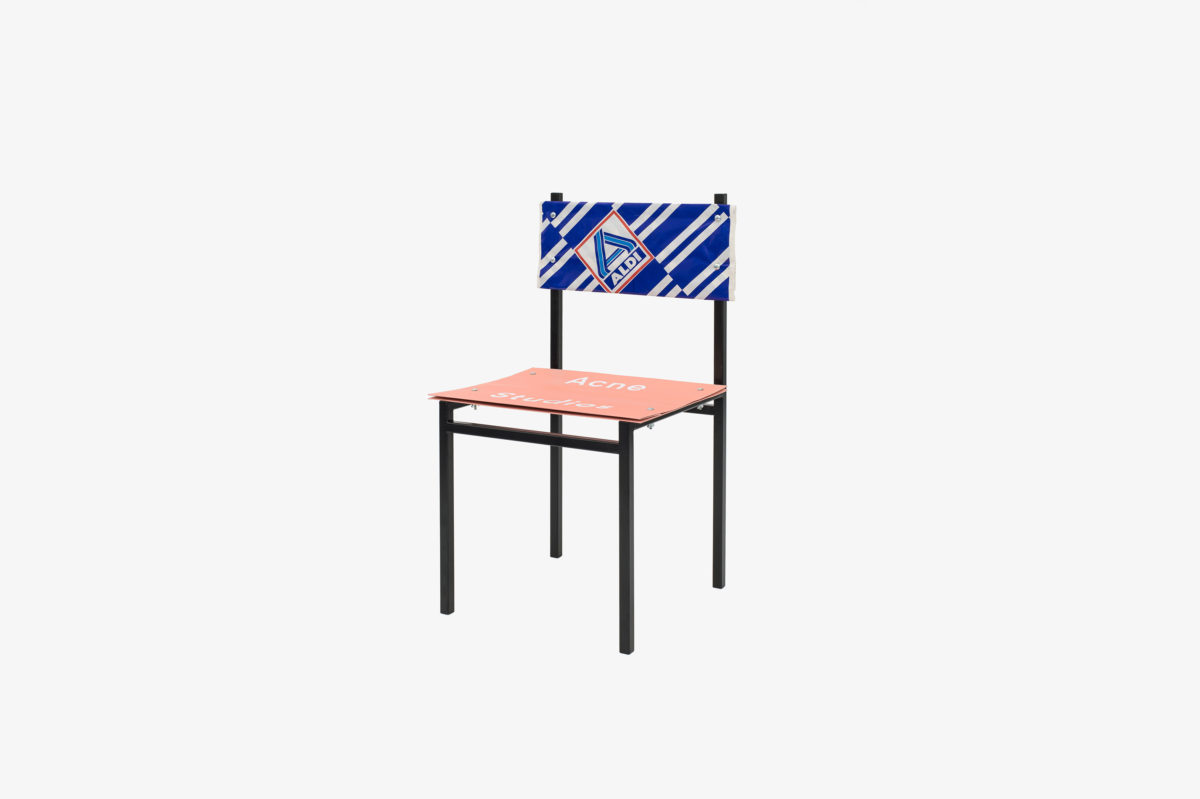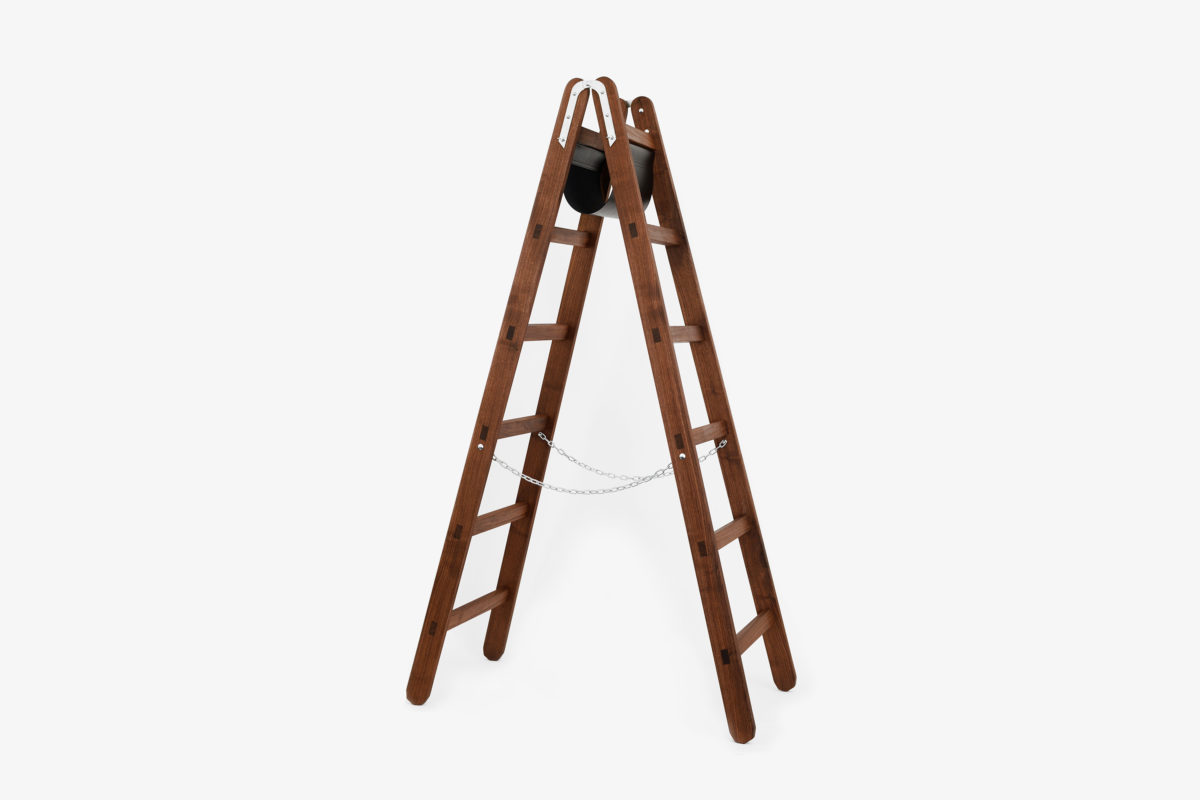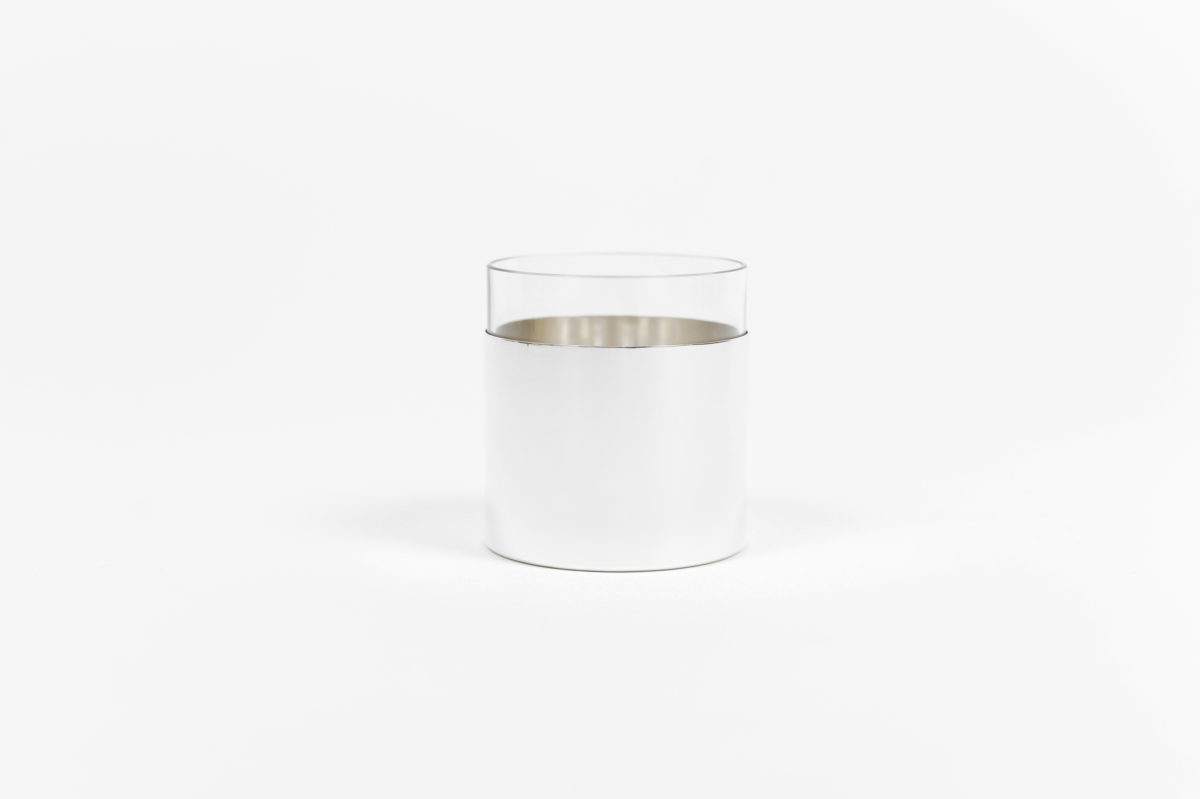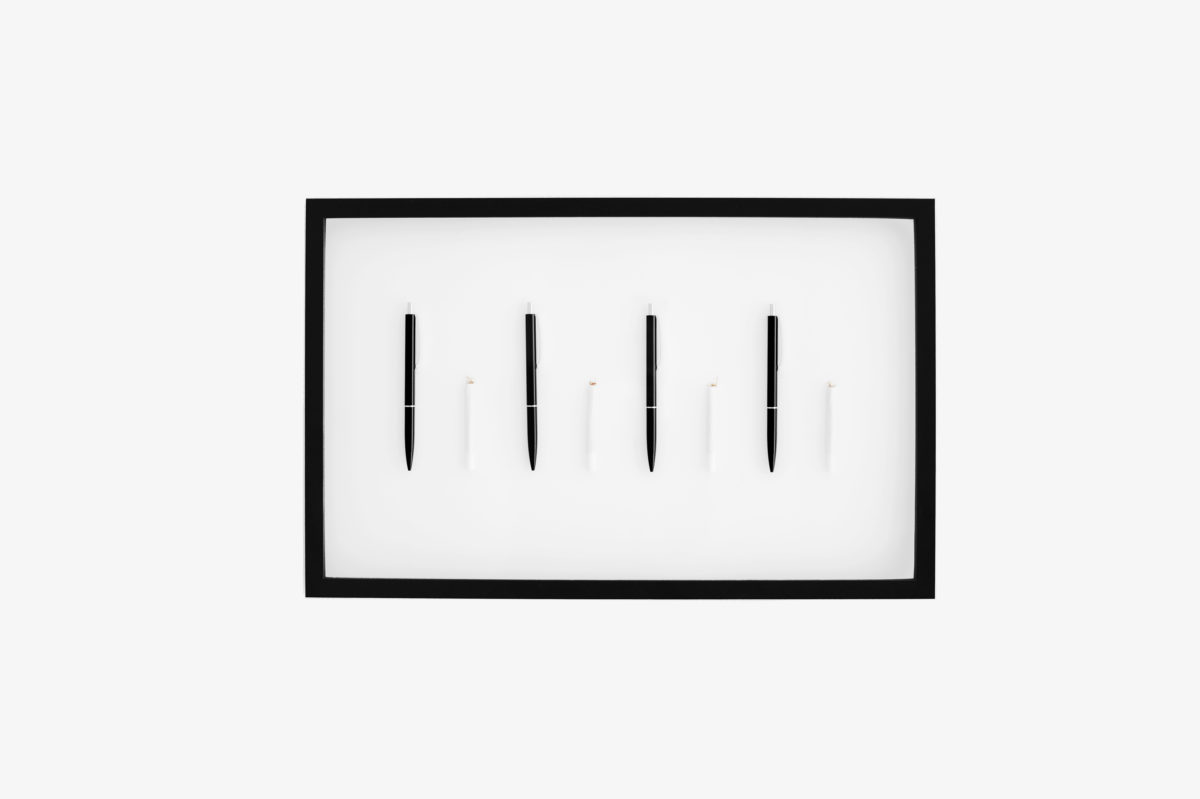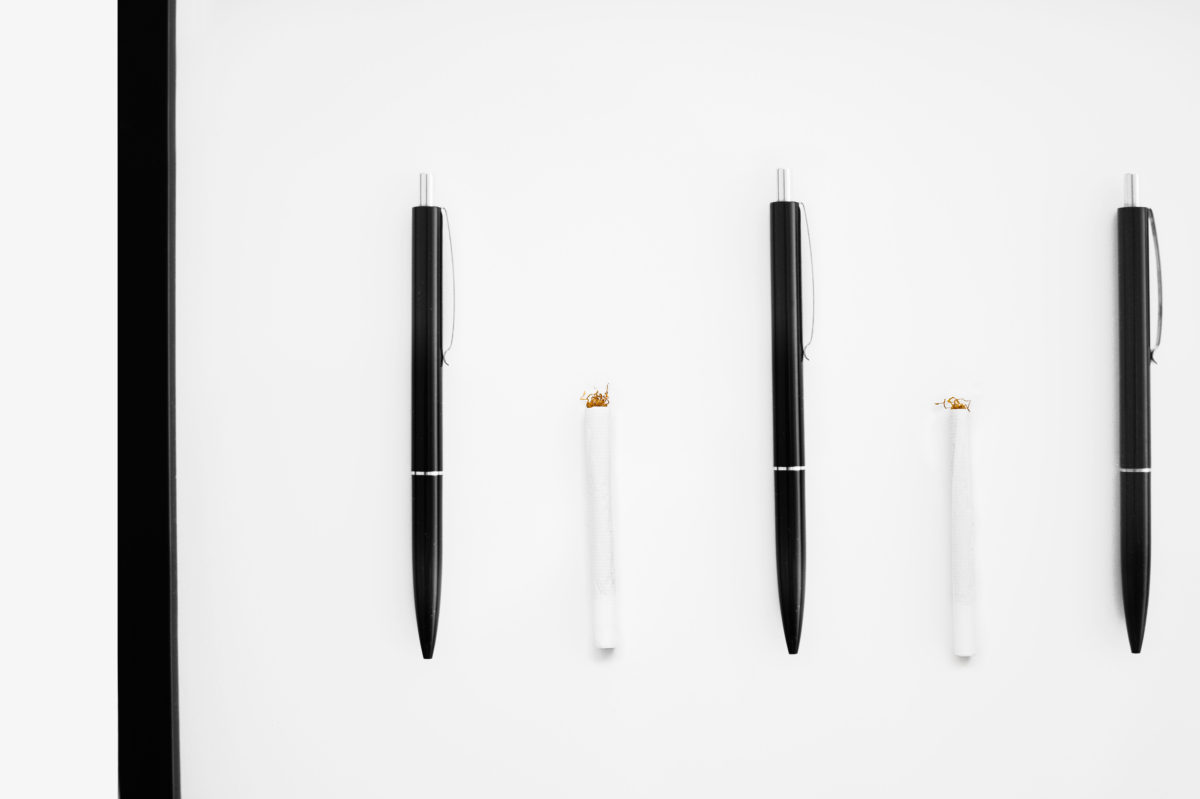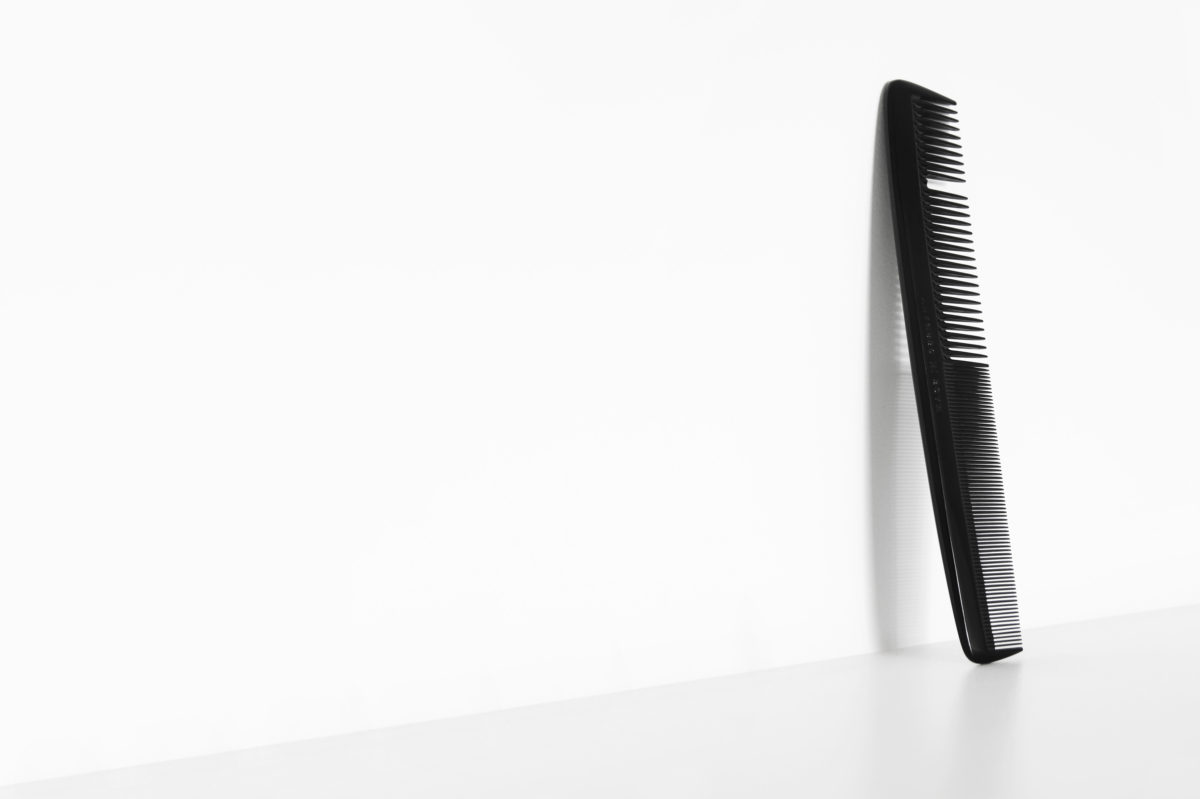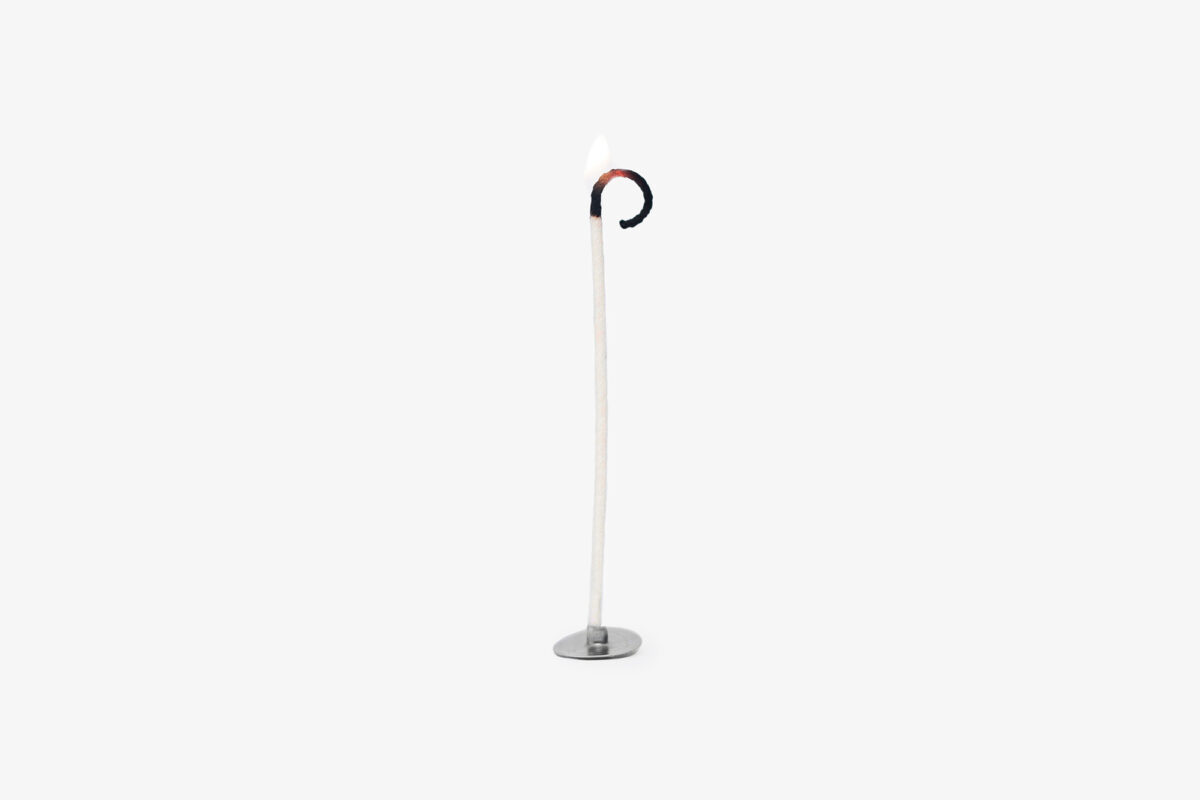Consumption! Consumption! Consumption!
Design makes consumption and vice versa – Conceptual artist Simon Freund adds a statement to this recipe. The founder of Simon&Me, a former Berlin-based label for design goods, Simon Freund, is known for his minimalsitic approach to design. He sold his products worldwide but what sounds like a successful business was also accompanied by lots of hard work and a long period of unprofitability. At this point, sales became a main factor in the design process, which makes several decisions harder – especially in ones mind.
Freund worked with this ambivalent approach, designing for the critical-mass and for his own desire. He sketched ideas which fit both the commercial and the conceptual aspect. Simon adds: “Generally, I think I have never made just products. Over 7 years I realized concepts and products where the idea was mainly embodied but the problem was also that it is hard to transport these ideas in this commercialized world in a way the client understands it, because usually he only buys it when it is beautiful, functional or in the best case both – the idea and the background play an unimportant role.” After all these years working on his label and also his design goods, he made an important decision for himself – He ended his work for ‘Simon&Me’ overnight. There is an unspoken rule for creatives: If the commercial aspect and the money takes an obviously more important role in your work and this inhibits your art, just stop! It causes more stress than good… . Freund stated: “I realized that what I really enjoy and I am curious about is the basic idea, the philosophy, the vision and not selling products – So I gave up my commercial work overnight and I turned my focus to conceptional art”. This conceptional art builds on his previous work for Simon&Me in an aesthetic way but says goodbye to the world of sales and profit.
Under his own name, Simon Freund, the artist designs objects which make a statement on current topics. He encapsulates his thoughts on varied themes as well; such as his latest work titled ‘Daily Business’. “In this work, many ideas and semantic levels are melting together. At first sight, I like the idea that a profession in general combines two everyday life objects: A biro and a cigarette. Both things are also important parts of our commercial community. They are both essentially redundant for our survival, but quite usual in our everyday life. They also stand somehow for the expression of work and addiction”. Some interesting thoughts Simon opens up!
